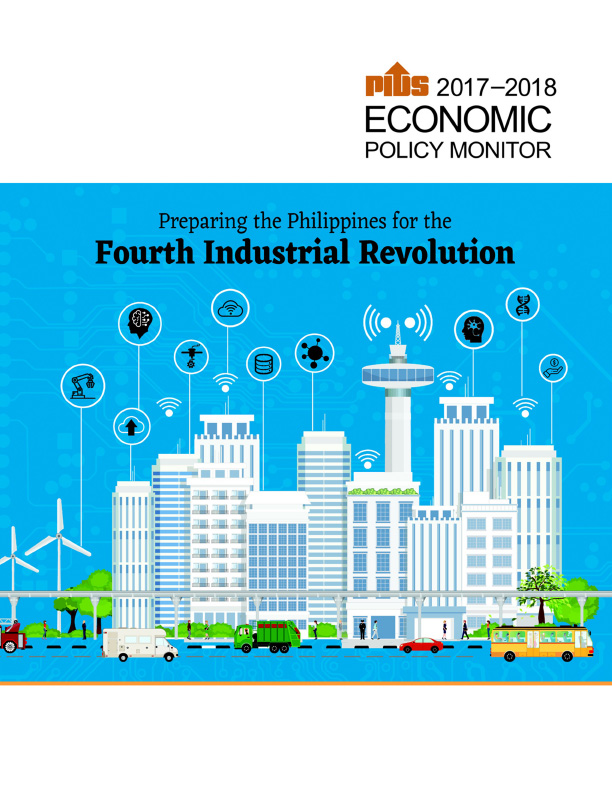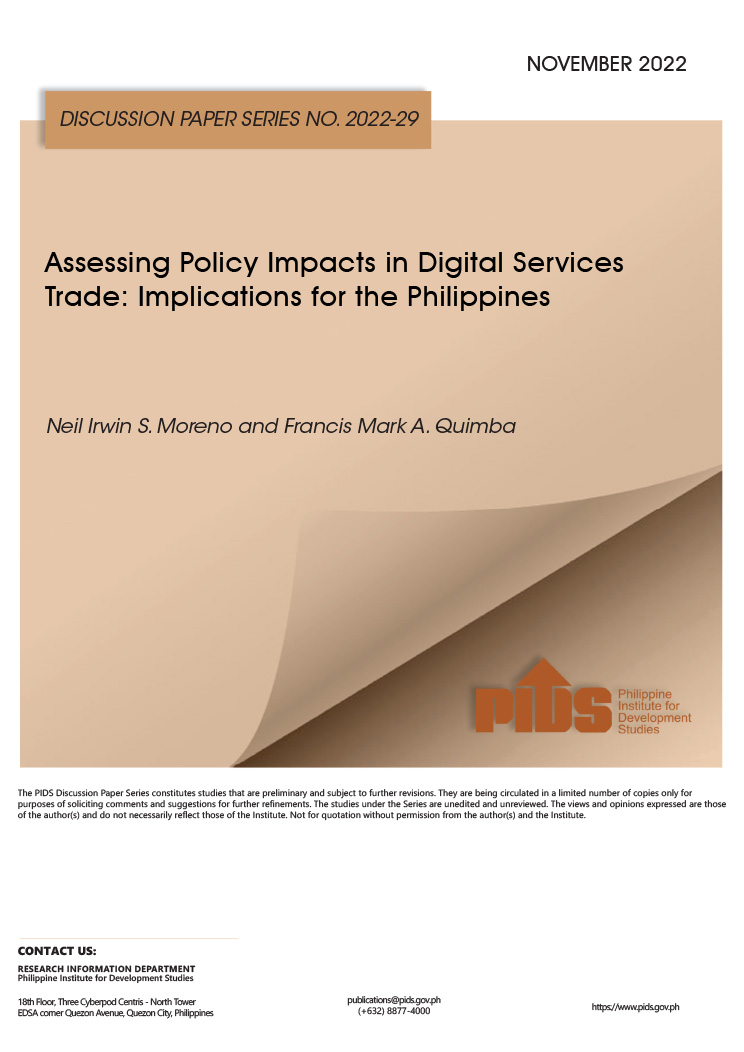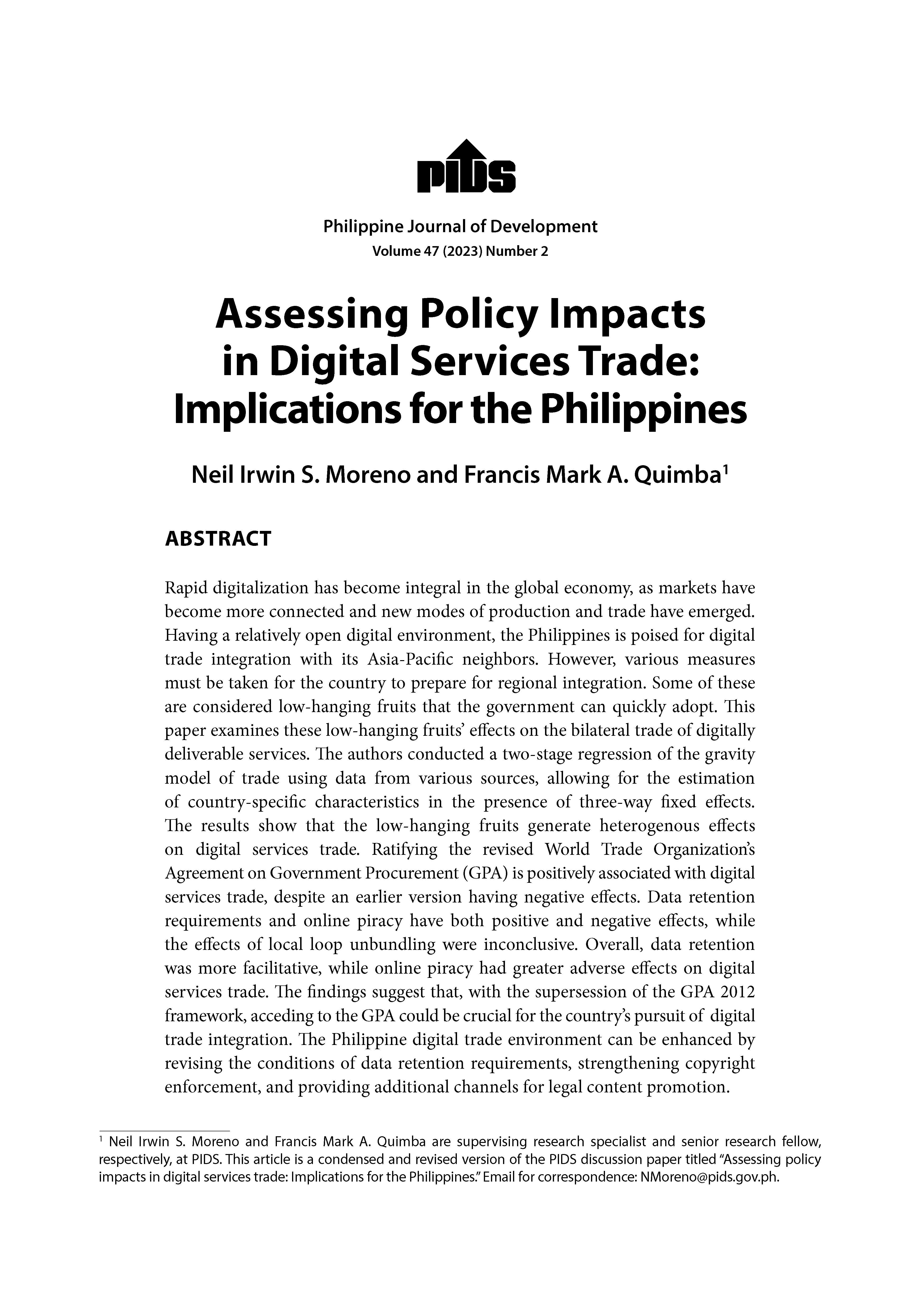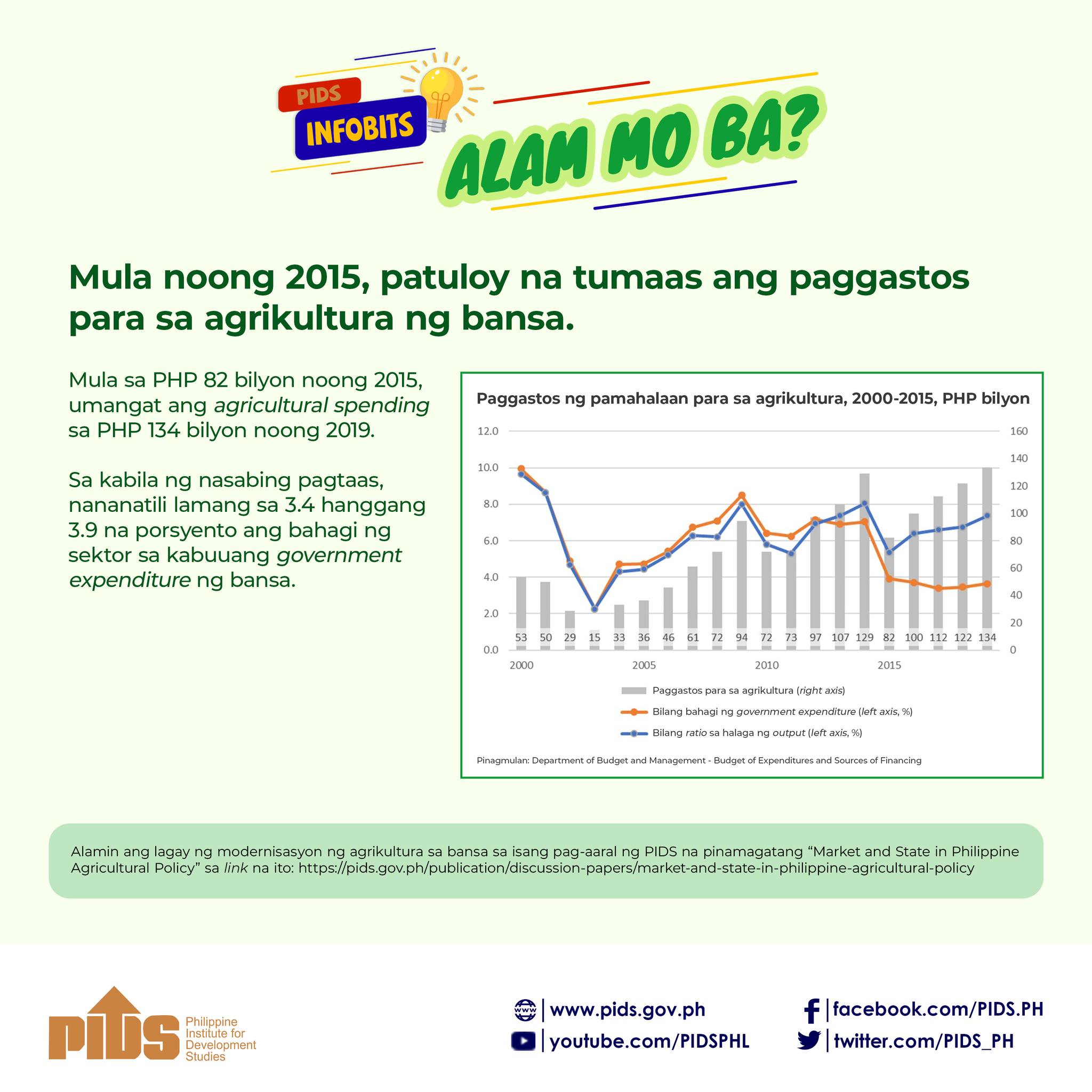
Pursuing the Philippines’ digital trade integration will positively impact its emerging digital services trade, which is a key driver in the post-pandemic economic recovery.
This was according to a recent study published by state think tank Philippine Institute for Development Studies (PIDS) authored by Senior Research Fellow Francis Mark A. Quimba and Supervising Research Specialist Neil Irwin S. Moreno.
According to the study, the country’s digital economy significantly grew in the past two decades. Digital services exports rose from USD 5.3 billion in 2005 to USD 23 billion in 2020. In 2019, digitally deliverable services—or “services and data flows delivered digitally as downloadable products such as software, e-books, data, and database services”—contributed 3.6 percent to the gross domestic product.
Quimba and Moreno explained that the country’s “relatively open digital environment” facilitated the growth of digital trade. The Philippines ranked third among Southeast Asian countries after Singapore and Malaysia, and ninth among 22 selected Asia-Pacific countries in the Regional Digital Trade Integration Index.
However, some restrictions remain, particularly in public procurement, investment, infrastructure, and competition. For instance, strong entry barriers in the telecommunications sector exist. This, along with the inadequate enforcement of laws, hinders the country’s regional digital integration, the authors said.
They recommended capitalizing on the “low-hanging fruits” to accelerate regional digital integration. This includes acceding to the revised World Trade Organization’s (WTO) Agreement on Government Procurement (GPA); revisiting the policies on data retention requirements to lessen compliance burdens, especially for micro, small, and medium enterprises (MSMEs); and ensuring effective copyright enforcement.
Quimba and Moreno recommended that the Philippines apply from being an observing party to a member of the WTO GPA committee in a process known as accession. They explained that acceding to the revised GPA is important because it includes provisions about digitalization, specifically on modern procurement practices such as using electronic procurement tools and facilitating e-commerce. “Since the agreement does not compel parties to cover all industries, the Philippines could identify which sectors can be fully covered by the GPA provisions and those that need greater protection from foreign competition,” they said.
They added that accession is possible because the country’s Government Procurement Reform Act (Republic Act [RA] 9184) and its implementing rules and regulations are mostly aligned with the GPA provisions.
The authors also said that the current data retention requirements are hurting MSMEs. The Cybercrime Prevention Act (RA 10175) requires firms to keep the traffic data and subscriber information for a minimum of six months and the call traffic data for two to four months or as required by the National Telecommunications Commission.
“Requiring long periods of data retention increase risks of data leaks, data abuse, and misuse… and the unnecessary cost on firms… [which is why the country must] strengthen its digital services trade without giving too much burden on businesses and exposing the countries on cybersecurity issues,” the authors said.
The study also emphasized the need to crack down on online piracy as having a high level of online piracy can “greatly decrease” the Philippines’ attractiveness as a trading partner.
This press release is based on the PIDS discussion paper titled “Assessing Policy Impacts in Digital Services Trade: Implications for the Philippines”. ###











